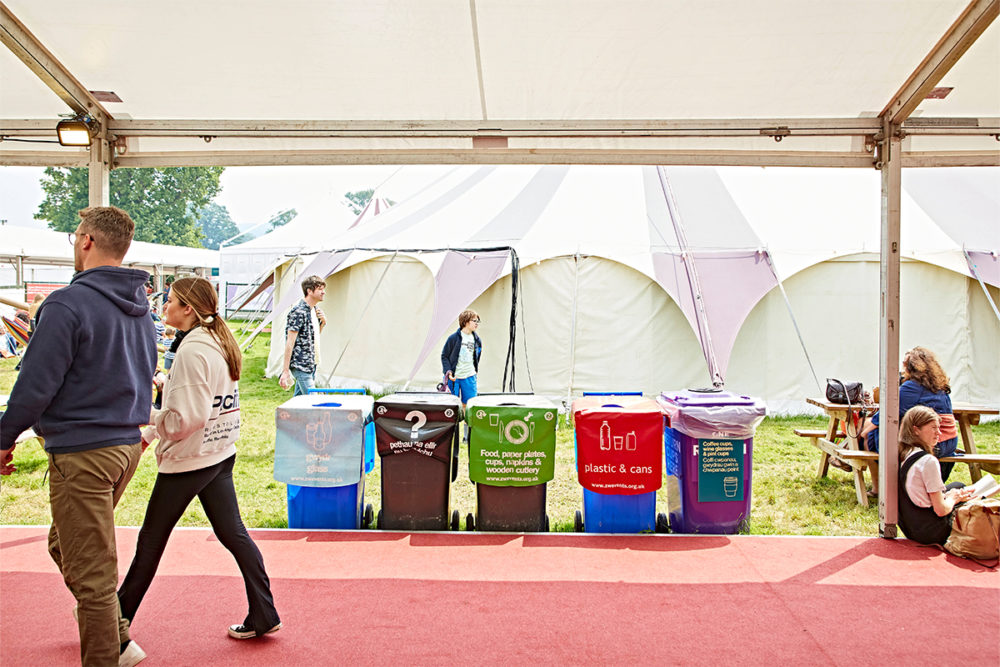New report details impact of behavioural science in boosting recycling rates in Wales

A new report has examined the use of behavioural science to influence household recycling rates in Wales.
The report, published by the Behavioural Science Unit at Public Health Wales, details how implementing a range of different interventions have helped to influence behaviour.
The paper reviews various household recycling interventions in Wales from 2003 to 2023, highlighting the transformation of recycling from an infrequent activity to a routine part of daily life for most people.
In 2000, the percentage of household waste that was recycled was just 5.2%. Over the next two decades that increased to 65.2%.
Integrated
The report suggest behavioural science could have been integrated earlier into the policy-making process, which may have achieved an even greater recycling rate more quickly.
Some of the key findings of the report included:
Incentivisation: Initiatives such as Conwy County Council’s digital deposit scheme for plastic bottles encouraged recycling by offering rewards, boosting motivation among residents.
Environmental Restructuring: The introduction of smaller black bins in Cardiff reduced landfill waste and indirectly encouraged more households to recycle.
Legislation: Policies such as the 5p charge on single-use plastic bags and the 2023 ban on specific single-use plastics have significantly reduced waste.
Education and Training: Campaigns like “Be Mighty, Recycle” raised awareness about recycling food, plastic, and metal waste, while school programs educated children on sorting recyclable materials.
Social influences
The report also highlights the importance of routine behaviours and social influences in sustaining change. These approaches will help tackle issues such as reducing single-use plastics, promoting energy efficiency and encouraging sustainable transport methods.
Jason Roberts, Senior Behavioural Science Research and Evaluation Officer at Public Health Wales, said: “Over the past 20 years, Wales has achieved remarkable success in household recycling, leading the rate for household waste in the UK.
“The success of household recycling in Wales is in part attributable to the mix of intervention types that addressed multiple behavioural determinants over a long period of time.
“Integrating behavioural science earlier within the policy-making process to change household recycling behaviours could have helped to develop and implement the correct mix of interventions more quickly, a critical gain given the urgency of the climate crisis.
“The report highlights the importance of understanding and addressing barriers to action, which will be invaluable as we continue to tackle environmental challenges.”
Support our Nation today
For the price of a cup of coffee a month you can help us create an independent, not-for-profit, national news service for the people of Wales, by the people of Wales.





Fantastic article littered with all forms of common sense.